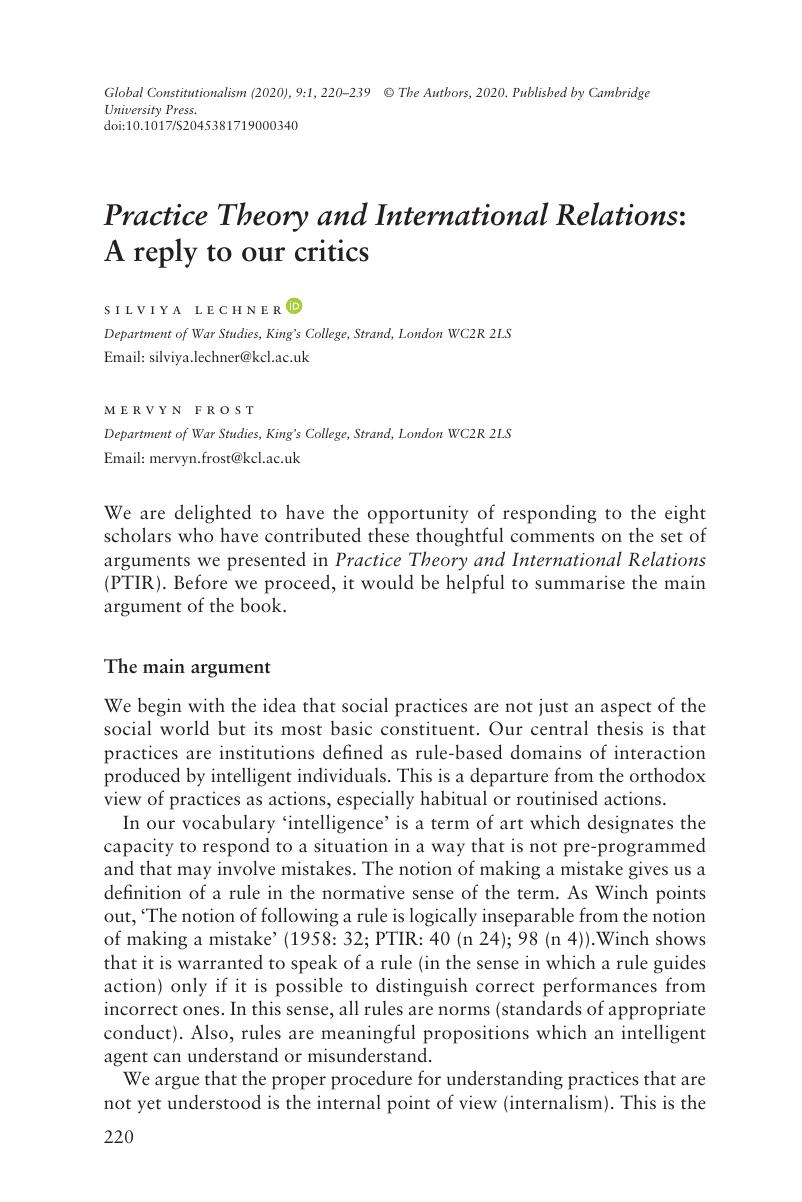Crossref Citations
This article has been cited by the following publications. This list is generated based on data provided by Crossref.
Kumral, Mehmet Akif
2024.
Quantum-Social Investigations across Transnational Movements.
p.
329.


